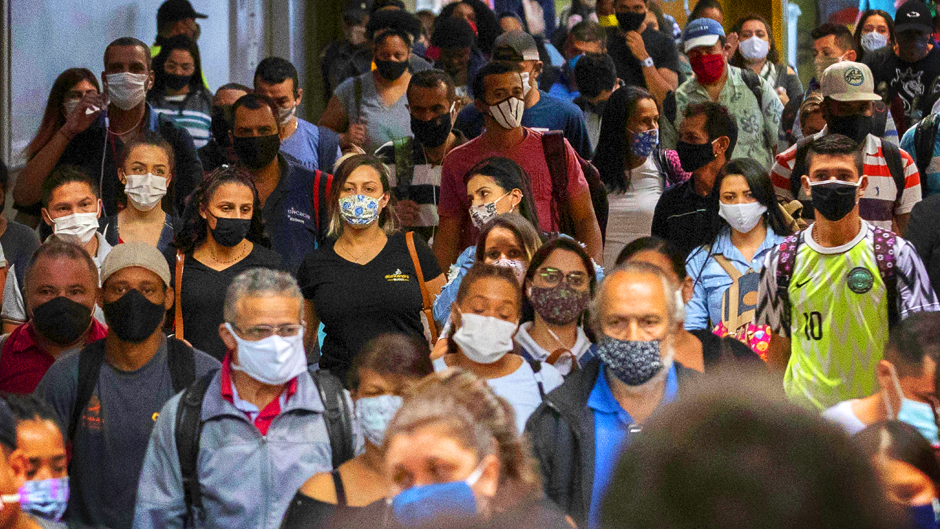The number of COVID-19 cases in Latin America has resulted in some experts saying the region has become the epicenter of the coronavirus pandemic.
“But if Latin America is the epicenter of the pandemic, then Brazil is the epicenter of the epicenter,” said Felicia Knaul, director of the University of Miami Institute for Advanced Study of the Americas, who led a webinar called “COVID-19 in Brazil: one country, many epidemics” on Thursday afternoon.
Knaul began the session by giving an overview of the region based on information by the Latin America COVID-19 Observatory, which was developed by faculty from the institute, the Miller School of Medicine, the College of Arts and Sciences, and the School of Communication in collaboration with research partners throughout Latin America.
Knaul pointed out that Latin America has 51 percent of daily global deaths even though it holds only 9 percent of the population. Brazil has 22 percent of global deaths (53,895 deaths), second only to the United States.
“These numbers are overwhelming and unfortunately growing,” she said.
While European countries—such as Spain and the United Kingdom—are seeing numbers tapering off, countries like Mexico and Brazil are surpassing the U.S. in deaths, she said.
Deaths in Brazil are projected to reach 11,000 per day by early August, depending on how the population behaves and whether policymakers and health systems intervene with testing, she said.
Brazil’s efforts against the virus have been hampered by political polarization and a president, Jair Bolsonaro, who continually downplays the virus and insists on going out in public without a mask.
Cesar G. Victora, a Brazilian-born epidemiologist who has led Epicovid19, the first study to assess the prevalence of coronavirus in Brazil, gave a detailed report on a household analysis in 133 sentinel cities in Brazil.
“We did not find one epidemic in Brazil but several epidemics in the country,” he said. The most affected areas were the cities and towns in the Amazon region, poor areas with limited access to health facilities. In the town of Manaus, cemeteries are full, he said.
Michael Touchton, University of Miami associate professor of political science, who has studied governance and public health in Brazil and other countries in Latin America, said the data from the Observatory shows a partisan pandemic. Some of the poorer states, with governors opposed to Bolsonaro, have the most stringent responses and insist on social distancing and mask wearing. Other states are reopening quickly, without requirements to wear masks or any other protective measures, and those states are not faring well, he said.
Victora’s survey also revealed that the poor are much more affected by the virus than those in the upper echelons of society.
Touchton reiterated Brazil’s position as the epicenter of the virus in the world.
“We are seeing an absolutely devastating pandemic in Brazil,” Touchton said.
As Brazil reopens, testing is low compared with other countries in the region. Peru and Chile test about five times higher, from a per capita standpoint. Many of the states that are reopening do not have the policies to protect the population.
“So, the likelihood of the pandemic getting worse is very high,” Touchton said, adding that the political polarization has only compounded the problem.
“Political polarization coupled with the pandemic is a recipe for disaster,” Touchton said.

